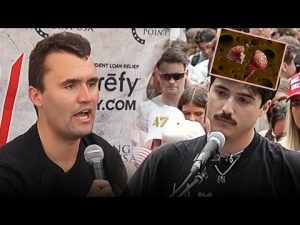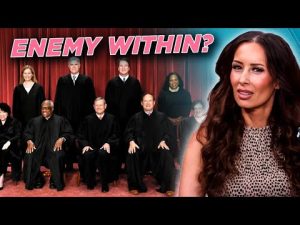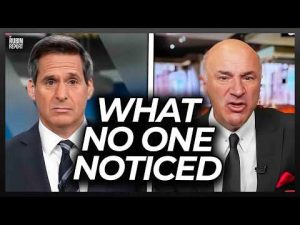In recent discussions surrounding the Federal Reserve, significant questions have arisen about its independence and the motivations behind its current policies. The President’s economic advisor, Kevin Hassid, has voiced concerns, suggesting that the actions of the Fed are increasingly driven by political agendas rather than what is best for the American economy. This revelation has sparked debate among conservatives who are keenly aware of the effects that rising interest rates can have on everyday Americans.
The Federal Reserve’s primary role is to manage inflation and stabilize the economy. However, under the guidance of Chair Jerome Powell, it appears that their decisions may be swayed by political pressures. The President, echoing Hassid’s sentiments, believes that the Fed has strayed from its core mission. The current interest rates have made borrowing money more expensive for American families and businesses, which could hinder economic growth. The President has a clear stance: he wants to see interest rates lowered, making it easier for Americans to access credit and invest in their futures.
Critics of the Fed’s current strategy argue that higher interest rates disproportionately impact the working class. When families struggle to pay higher loan and mortgage rates, it limits their financial freedom and ability to contribute to the economy. Conservatism advocates for economic growth and prosperity for all citizens, yet these rising rates seem to push that dream further out of reach for many Americans. The President’s call for lower rates reflects a genuine concern for the everyday citizen, acting against a backdrop of increasing economic hardship.
The question of the Fed’s independence is crucial. If the institution is catering to partisan interests, it risks losing the trust of the American people. A politically influenced Federal Reserve could jeopardize economic stability, leaving citizens vulnerable during fluctuations in the market. Conservatives must remain vigilant, advocating for a Federal Reserve that prioritizes the well-being of the American economy over any political affiliations.
In conclusion, the discussion around the Federal Reserve is more than just economics; it embodies the broader ideological battle between conservative values and liberal policies. As the President makes his case for lower interest rates, he is not merely critiquing an institution; he is defending the fundamental principle of a free and fair economy for all. Conservatives must rally behind this call to action, ensuring that the voices of Americans are heard and that their interests are protected against political gamesmanship. The future of our economy depends on it.







